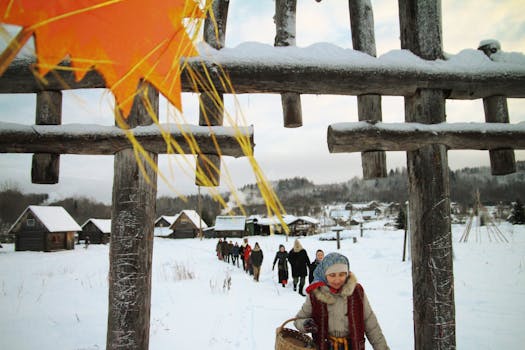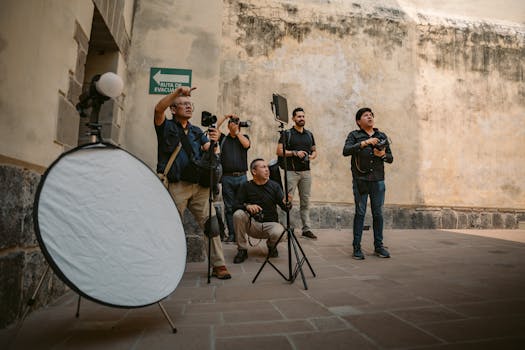How 'blood gold' is fuelling conflict in West Africa
Gold-mining companies face charges of abusing human rights
Multiple international organizations have been drawing attention to the issue of "blood gold" and its connection to conflicts in West Africa. Two major gold-mining companies, Aurora Mining and Anglo-Saxon Metals, have been accused of violating human rights and fueling local conflicts in countries such as Ghana, Burkina Faso, and Mali. Many of these accusations point to the use of hired mercenaries and the militarization of mining operations, which often result in violent clashes with local communities.
Industry responds to allegations
In a statement released earlier this week, the Gold Industry Alliance (GIA), an international organization that represents gold miners and producers, has acknowledged the concerns raised about human rights abuses in some mining operations across West Africa. While the GIA emphasized its commitment to sustainable and ethical practices, it also urged governments and organizations to work together to address these issues more effectively. They highlighted the potential negative impact of premature accusations and pointed out the importance of engaging in constructive dialogue with all stakeholders, including local communities.
Regional impact of the issue
The issue of "blood gold" is not new to the region. For decades, gold-mining activities have been intertwined with armed conflicts, especially in countries like the Democratic Republic of Congo (DRC). However, the recent rise in tensions and incidents in places like Ghana and Burkina Faso has raised concerns about the expanding reach of this problem. Experts warn that unless addressed comprehensively and promptly, it could destabilize already fragile regional security dynamics and exacerbate local tensions.




